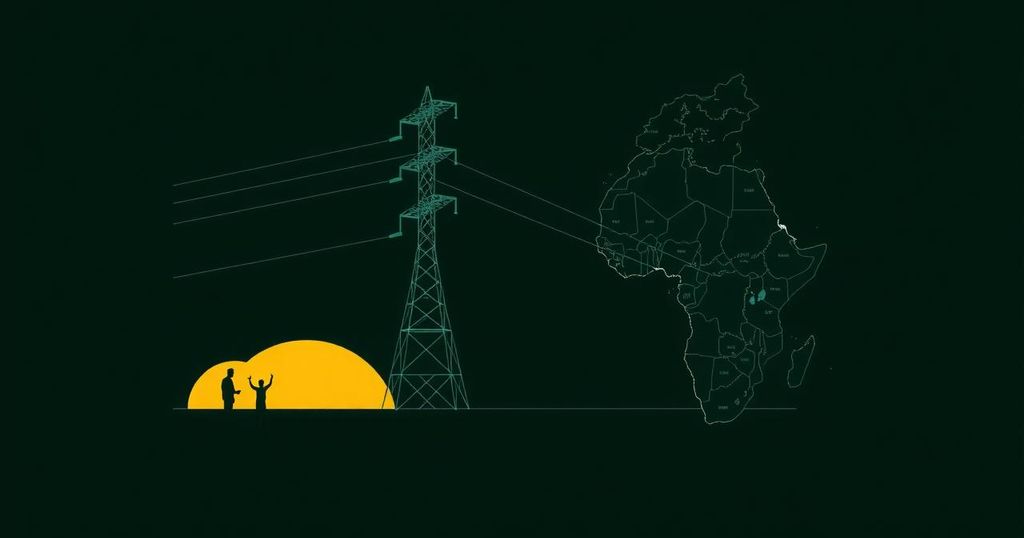Niger, Benin, and Togo Paid Nigeria $50.36 Million for Electricity in 2023 – Payment Details Revealed
In 2023, Niger, Benin, and Togo paid Nigeria $50.36 million for electricity, achieving a 94.04% remittance performance against an invoice of $53.55 million. Domestic bilateral customers, however, demonstrated an 84.94% payment performance, with an outstanding balance of 15.06%. The Federal Government had previously noted a $51.26 million debt owed by international customers, leading to regulations on the electricity supply to these countries.
In 2023, the Nigerian Electricity Regulatory Commission (NERC) provided insightful data regarding the financial dealings between Nigeria and its international electricity customers from Niger, Benin, and Togo. The total amount paid for electricity distribution reached $50.36 million, indicating an impressive remittance performance of 94.04%. A detailed breakdown shows that out of a total invoice of $53.55 million, only $50.36 million was paid. The entities involved in these transactions include the Societe Beninoise d’Energie Electrique from Benin, the Compagnie Energie Electrique du Togo, and the Societe Nigerienne d’Electricite from Niger. Furthermore, NERC’s report highlighted that within Nigeria’s domestic sphere, there are 19 active bilateral customers who were invoiced a total of N10,320.84 million. From this amount, they managed to remit N8,766.15 million, which corresponds to a remittance performance rate of 84.94%. However, it is important to note that this still leaves an outstanding balance of 15.06%, indicating a significant gap in full payment compliance. Last year, international customers had an outstanding debt of approximately $51.26 million owed to Nigeria for electricity that was exported. In an effort to address this issue, the Federal Government mandated that Nigerian power system operators limit the supply of grid generation to international customers to no more than 6% of the total available output each hour.
The context of this report lies within the ongoing collaboration between Nigeria and its neighboring countries, including Niger, Benin, and Togo, regarding the export of electricity. The energy sector in Nigeria is managed by the Nigerian Electricity Supply Industry (NESI), which is responsible for facilitating such arrangements and ensuring payments are received for electricity supplied. Reports such as the one from NERC are essential for tracking financial performances and compliance with remittance agreements, which are critical for the sustainability of energy supply in the region. Despite the collaborative nature of these international contracts, issues of outstanding debts and remittance shortfalls persist, indicating room for improvement in the management of cross-border electricity sales.
The analysis of payment details by Niger, Benin, and Togo to Nigeria’s electricity sector underscores the effectiveness of international customer transactions, as reflected in the high remittance performance of 94.04% for 2023. Nevertheless, the persistence of a 15.06% outstanding balance from domestic customers may warrant further attention to ensure overall compliance and stability within the electricity supply chain. The government’s previous actions to regulate the amount of electricity supplied to international customers highlight the ongoing challenges faced by Nigeria in balancing domestic supply needs with international obligations.
Original Source: politicsnigeria.com




Post Comment